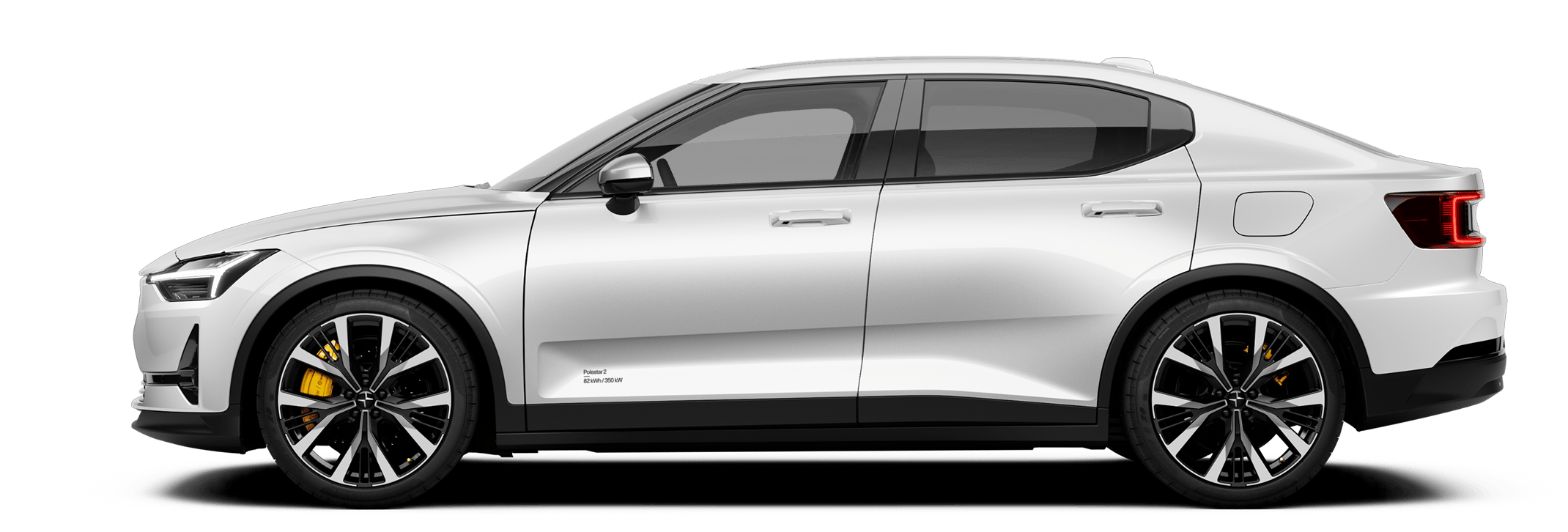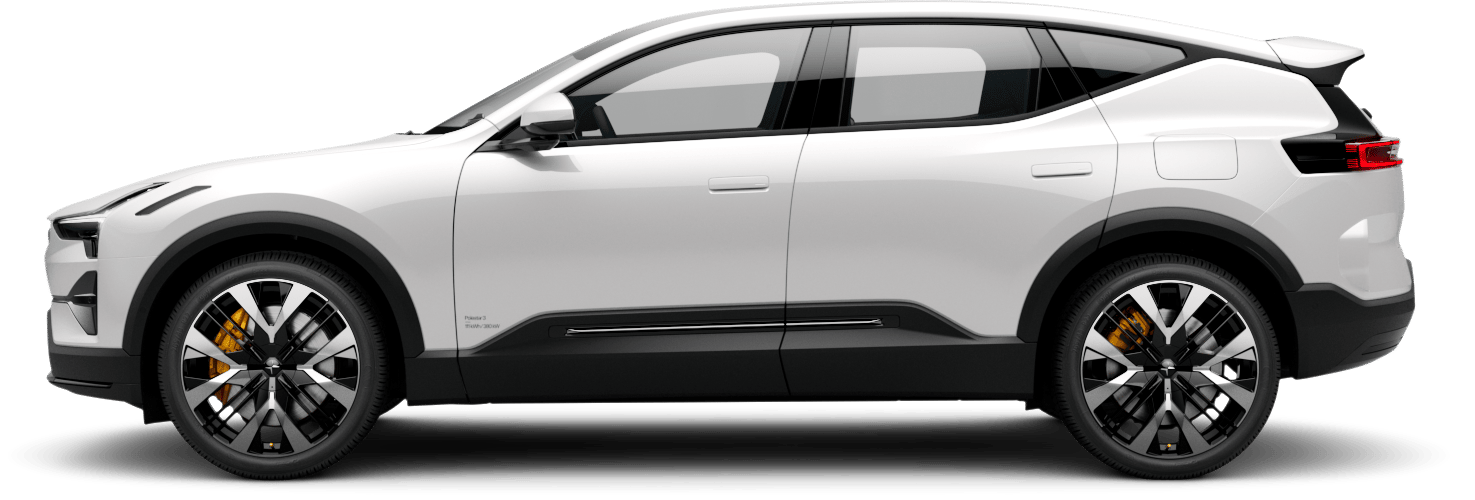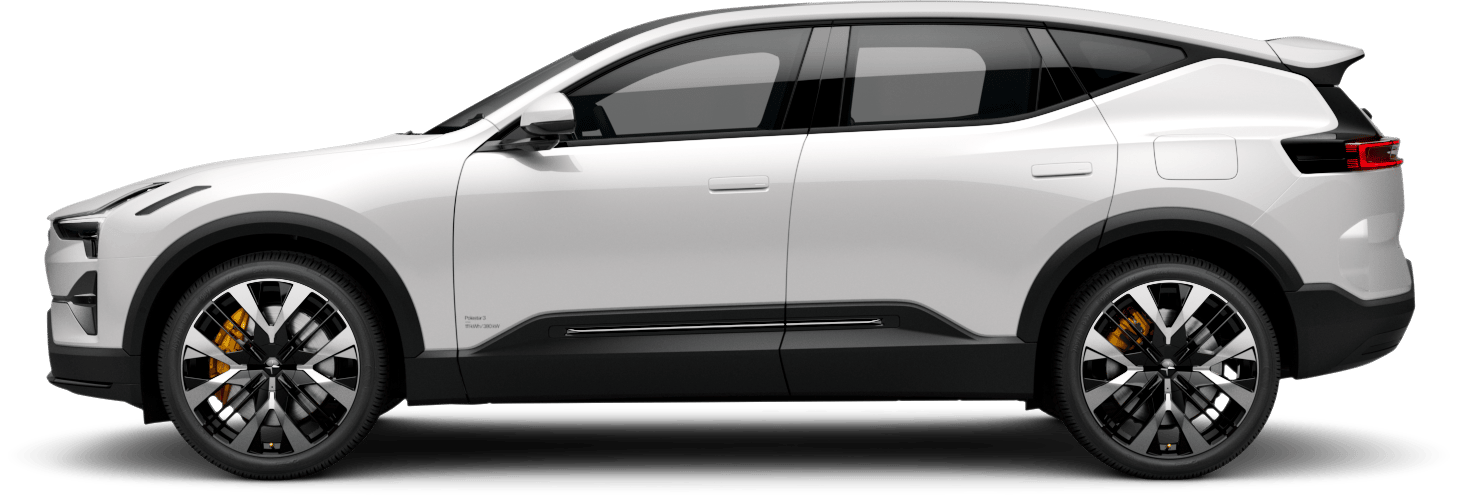A badge of honour: Polestar 3 seat labels
Labels are important to us. Our sustainability labels represent progress, and we proudly wear them, openly and transparently. Like badges of honour.

Central in our daily lives, labels help us navigate the world around us. In the Polestar universe, the purpose of sustainability labels is two-fold. Being transparent about the contents and climate impact of our products helps consumers make informed decisions. But the labels also work as a reminder of the headway we’ve made on our sustainability journey, and the areas in which we can improve.A lot has happened since we first introduced sustainability labelling in back in 2021, adorning all our products with a sustainability declaration showing cradle-to-gate tonne CO2e and traced materials. For instance, Polestar 2 has become a tonne lighter.We’ve recently launched Polestar 3, the SUV for the electric age, featuring carefully selected interior materials. The details of which we’re happy to highlight. That’s why we’ve printed the source and carbon footprint on the surface material of the upholstery. As a badge of honour, to proudly show our progress. And to make it easier for consumers to make informed choices.Polestar 3 features three alternatives when it comes to upholstery: animal welfare secured Nappa leather, bio-attributed MicroTech vinyl, and animal welfare certified wool. Each material has been carefully selected and developed to create a more sustainable expression of premium.

01/03
Made from renewable vinyl and recycled polyester textile, the bio-attributed MicroTech is a vegan alternative to leather and comes as the standard for Polestar 3. Polyvinyl chloride (PVC) is a multi-purpose plastic commonly made from fossil resources and used for synthetic vinyl materials. The MicroTech upholstery, by contrast, is made with 100% fossil-free, bio-attributed PVC, in which the crude oil component has been replaced with tall oil from certified renewable sources.Seats clad in animal welfare certified wool are also available for Polestar 3. The wool is made from animal welfare certified yarn that comes from farms with a responsible approach to managing their lands and animals. The yarn contains 80% certified wool and 20% recycled content.Available as an upgrade, the Nappa leather, produced by premium leather maker Bridge of Weir, is 100% traceable, chrome-free, and animal welfare secured. The rawhides used to craft the leather are sourced locally from responsible suppliers in the UK and Ireland, which are two of the highest-rated territories globally in the Animal Protection Index. Bridge of Weir’s Life Cycle Assessment (LCA) with independently verified data shows that the material has a carbon footprint of 8.1 kg CO2e/m2, making it the lowest published for leather.As of now, the carbon footprint of the Nappa leather option is the only known figure. Once production starts, we will publish an LCA for Polestar 3, including its interior materials. Placeholders in the form of an x will fill the empty spaces of the seat labels until actual figures have been calculated by the upholstery suppliers.The path towards greater sustainability is a learning journey, and we have vowed to bring consumers along, through success and failure. We don’t have all the answers yet. But our sustainability labels remind us that we’re moving in the right direction. It also shows consumers that we’re serious about our commitment to transparency. And for that we wear the labels proudly.










